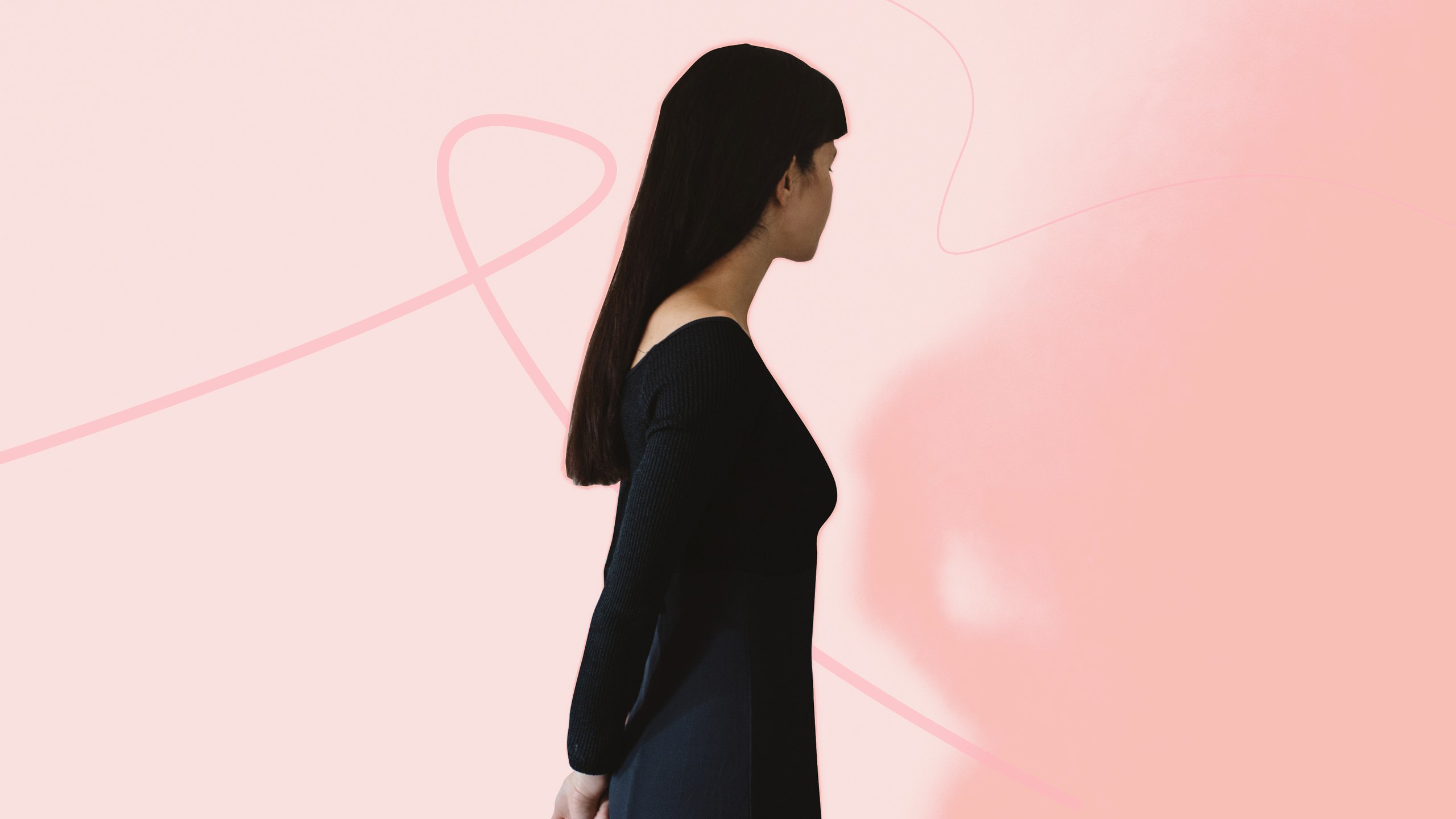I Was Diagnosed With Breast Cancer at 34

I will never forget where I was when I received the results of my first breast MRI screening. It was June 2016, and my dad and I were in his car in a restaurant parking lot after having dinner in the suburbs outside of Philadelphia, where I had recently relocated in an effort to be closer to my family. When I saw the missed call from the hospital, I felt my heart pounding in my throat. As the voicemail loaded and my anxiety heightened, it became apparent why the genetic counselor had said some people prefer to go the preventative route. The panic is maddening.
Just weeks before, at the age of 30, I’d learned that I was a BRCA1 carrier by way of my dad. He was diagnosed with lung cancer the previous fall and had recently undergone genetic testing so his doctors could better understand his cancer after it spread. My paternal grandmother passed away from breast cancer in her early 40s, so the news that I was a BRCA1 carrier didn’t come as a total shock. But gaining clarity on the past didn’t take away what it meant for me and my risk of breast and ovarian cancer in the future—72% of BRCA1 carriers will develop breast cancer, and 44% will develop ovarian cancer in their lifetime.
On that summer day four years ago, I cried tears of relief as I listened to my doctor share the news that my MRI had come back normal and there was no detection of anything suspicious. I’d made it through my first screening, but I was far from out of the woods. To keep from getting breast cancer, as a BRCA1 carrier, I basically had two options: have a preventative double mastectomy or get screened yearly, hoping we’d catch anything suspicious in time.
I continued screenings for the next three years, alternating breast MRIs and mammograms, anxiety surrounding each appointment followed by relief when my results came back clean and clear. I wasn’t ready to have the mastectomy yet—it felt drastic, and I was holding out hope that I would find my future partner who would know me and my natural body before I had to make these changes and decisions.
But in the summer of 2018, my dad, who was already battling cancer, suffered a series of strokes. It was gut-wrenching to watch as the father I knew, loved, admired, and adored begin to fade away. It was time to start being more proactive about my own health—I wanted to do everything in my power to make sure my loved ones wouldn’t have to suffer over me. So I promised myself that once things settled down, I would pursue a preventative mastectomy.
I never got around to that meeting with my oncologist. My father passed away this winter after months of deterioration caused by strokes and cancer.
My yearly screening was scheduled for the day after my dad died. I cancelled with no immediate plans to reschedule, the following weeks filled with funeral and financial planning. A nudge from my mom reminded me to get it back on my calendar in March.
Back at home after my mammogram, I felt raw with grief. I didn’t know how to process my cancer risk in the wake of my dad’s death, so I made a very millennial decision and took to Instagram: I posted a photo of my dad with my brother (who passed away when I was 27). Something about making my heartbreak public felt like a release. I had been holding in my grief for weeks, and I finally allowed myself to feel the pain. There is something irrational about hurting so badly that it feels good, but finally feeling the fear and sadness felt like a wave of relief.
